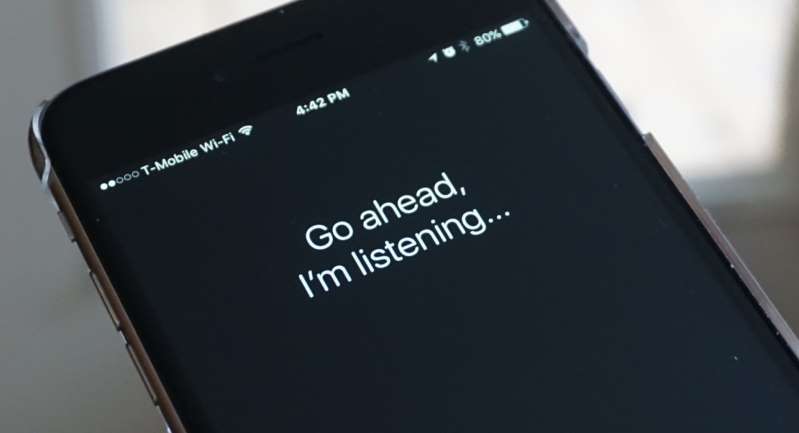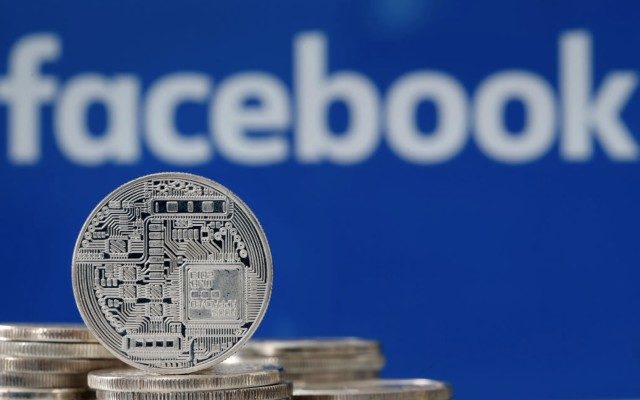Tinder has announced it is adding much anticipated premium features to its dating app, including the ability to reconsider rejected profiles.
In a surprise move, it announced the pay-to-use add-ons would cost more for older people to use.
In the UK, people over the age of 28 years old face paying nearly four times the price of their younger counterparts. In the US, the over-30s have to pay double the basic rate.
One expert said the move was “sleazy”.
But Tinder has defended its business plan, saying its rates were based on “extensive” tests.
“We’ve priced Tinder Plus based on a combination of factors, including what we’ve learned through our testing, and we’ve found that these price points were adopted very well by certain age demographics,” said a spokeswoman.
“Lots of products offer differentiated price tiers by age, like Spotify does for students, for example.
“Tinder is no different; during our testing we’ve learned, not surprisingly, that younger users are just as excited about Tinder Plus, but are more budget constrained and need a lower price to pull the trigger.”
UK users face a £3.99 monthly fee for the service if they are aged between 18 and 27, and £14.99 a month if they are aged 28 and above.
In the US, the corresponding figures are $9.99 (£6.50) and $19.99 (£13).
Tinder added that members in emerging economies would be charged an average of $2.99 a month for the premium features.
Swipe to reject
Tinder has become one of the most popular dating services since its launch in 2012.
The smartphone app uses its members’ Facebook profiles to source photos and show basic information about them.
Members then swipe to the right to pick someone they would like to date or swipe to the left to reject a profile.
Users can only send messages to each other if they have each picked the other party.
Until now, there were no charges to use the app.
But a common complaint was that an accidental swipe in the wrong direction could thwart a potential match and there was no way to undo this. The Rewind feature now provides a solution.
In addition, the premium service has also added a facility called Passport.
This allows users to search for singles in a different city from where they are based, letting them set up dates for holidays, business trips or other travel in advance.
‘Creating a barrier’
The matchmaking industry generated $2.2bn in sales in the US alone in 2014, representing 4.8% growth since 2009, according to a study by the Ibisworld research group.
Tinder is majority-owned by the US media company InterActiveCorp, which also owns the paid subscription dating services OKCupid, Meetic and Match.com.
Company watchers had always assumed that Tinder would start charging fees at some point, not least because its computer server bills are mounting.
But one tech venture capitalist was surprised by the model the firm had chosen to adopt.
“It’s true that Microsoft, for example, sells its Office software to university students for considerably less than it sells it to corporations – and it justifies that on an ability to pay,” said entrepreneur Paul Kedrosky, who writes the Infectious Greed blog.
“But that seems highly unlikely to be the same case here.
“It seems more likely it’s a way to get the [younger] demographic that Tinder wants on the service, and using price as a way to create a barrier to others.
“I just think it’s – for want of a better word – sleazy.”

















